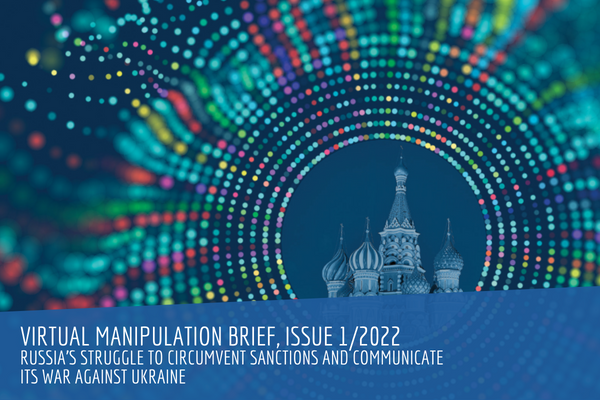Anonymous users stole the show this quarter. Never before have we observed such high levels of activity from anonymous accounts. At the same time, bot activity in Russian-language conversations about NATO activity in the Baltics and Poland has emerged from its winter slumber.
In the wake of the Skripal poisonings in the UK in March, Russian-language bot and anonymous activity about NATO more than doubled. Mentions of NATO on VK, in contrast, have been stable and declining during the whole period.
Social media companies are working to end platform misuse. But malicious activity is evolving. Today, anonymous accounts are dominating the conversation. These accounts are either operated manually, or they have become advanced enough to fool human observers. The responses from open and free societies to the problem of online malicious activity have neither been strong enough, nor consistent enough.
Figures presented in this issue reveal a disparity between the conversation quality in English and Russian-language spaces. Currently, the Russian-language conversation about NATO in the Baltics and Poland has six times the proportion of content from bot and anonymous accounts. As Twitter has taken steps to remove bots, the disparity has only widened. We assess that 93% of Russian-language accounts in our dataset are operated anonymously or automatically. In no way does this conversation mirror opinions of citizens. Journalists, policy makers, and advertisers take note!






